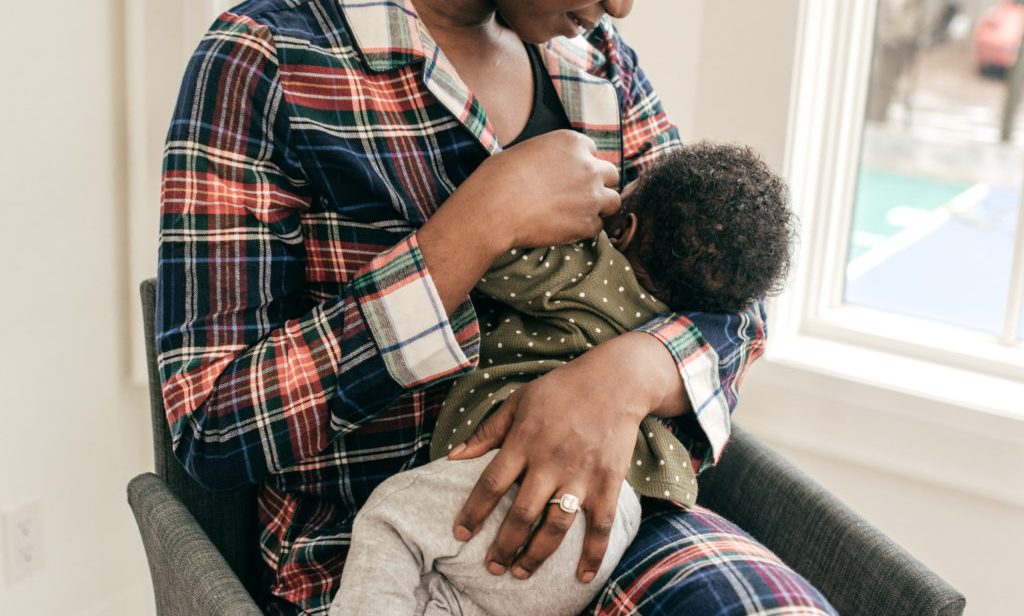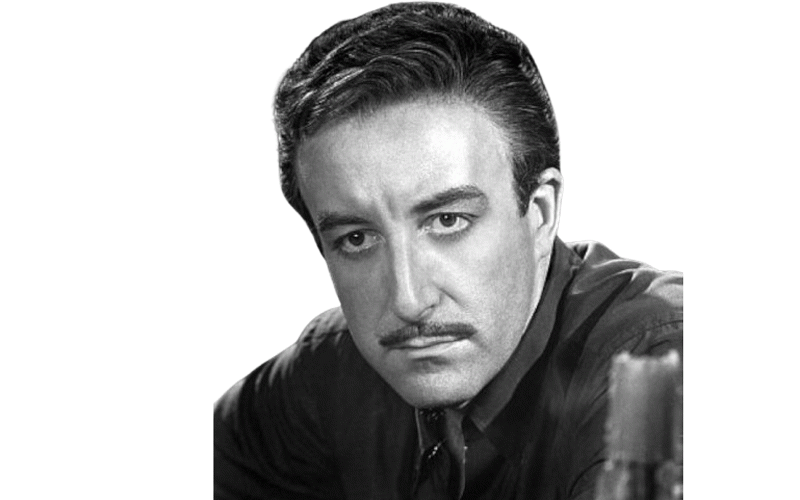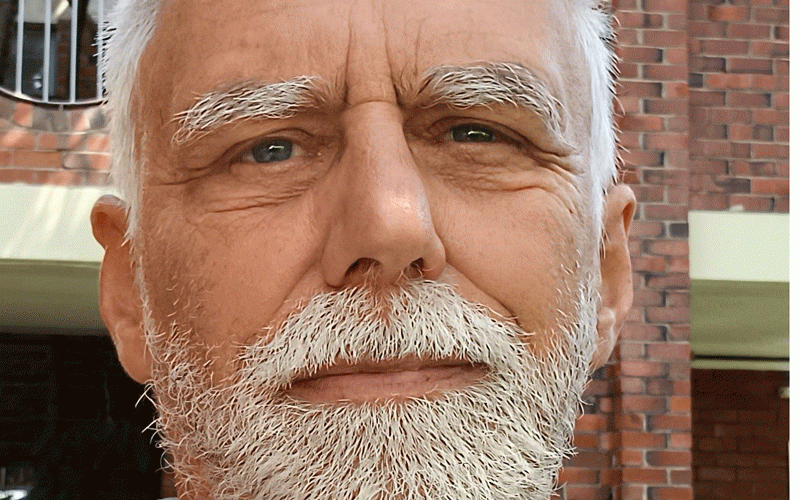
By Tadiwa Nyatanga
Zimbabwe joined the rest of the world in commemorating World Breastfeeding Week, (August 1 to 7) under the theme Protect Breastfeeding: A Shared Responsibility.
The theme points to the links between breastfeeding and survival, health and well-being of women, children and nations. There have been concerns on the babies’ safety if they are breastfed by mothers who are HIV positive.
As the world battles to contain the Covid-19 pandemic, questions have also arisen as to whether it is safe for a mother who tests positive for Covid-19 to breastfeed her baby.
For both HIV and Covid-19 positive mothers, the World Health Organisation (WHO) recommends that they follow standard infant feeding guidelines.
The standard infant feeding guidelines are:
- Initiation of breastfeeding within one hour of birth,
- Exclusive breastfeeding until babies are six months old (giving the baby breast milk only and no other foods)
- Continued breastfeeding along with nutritionally adequate and safe complementary foods, until age two years old or beyond.
- Research has proved that breast milk contains antibodies that help protect against many common childhood illnesses, like asthma, obesity, type 1 diabetes, ear infections, gastrointestinal infections and sudden infant death syndrome. Breast milk provides the energy and nutrients that infants need during the first months of life. It is also easier to digest than infant formula. Breastfeeding can also be beneficial to a mother’s health. It helps lower the risk of hypertension, type 2 diabetes, ovarian and breast cancers.
- According WHO, mothers with suspected or confirmed Covid-19 should be encouraged to initiate or continue to breastfeed.
Mothers need to understand that the benefits of breastfeeding are far more than the potential risks for transmission. It is important that both mother and baby should be enabled to remain together throughout the day and night and to practice skin-to-skin contact, including kangaroo mother care, especially immediately after birth and during establishment of breastfeeding, whether they or their infants have suspected or confirmed Covid-19.
Breastfeeding mothers who test positive to Covid-19 are advised to take the following steps to reduce the risk of spreading the virus to the baby:
- Chamisa under fire over US$120K donation
- Mavhunga puts DeMbare into Chibuku quarterfinals
- Pension funds bet on Cabora Bassa oilfields
- Councils defy govt fire tender directive
Keep Reading
- Wash their hands with soap and water for at least 20 seconds before holding or caring for your baby. If soap and water are not available, use a hand sanitizer with at least 70% alcohol.
- Wear a mask whenever they are close to their baby.
- Clean and disinfect surfaces
Mothers who are living with HIV can also breastfeed their babies the same way HIV negative mothers do.
Mothers living with HIV simply need to be taking antiretroviral treatment correctly during pregnancy and breastfeeding.
This can virtually eliminate the risk of passing on the virus to the baby. It is therefore important that expecting mothers register for antenatal care early that is within the first 12 weeks of pregnancy.
This means that they can get tested for HIV and if necessary, receive treatment and medical advice to help keep both the mother and the baby healthy.
Whether a mother is HIV or Covid-19 positive, they can and should breastfeed their babies. All they need to do is to follow recommendations that were put in place to keep them and their babies healthy.
- Tadiwa Nyatanga is NAC communications officer.











